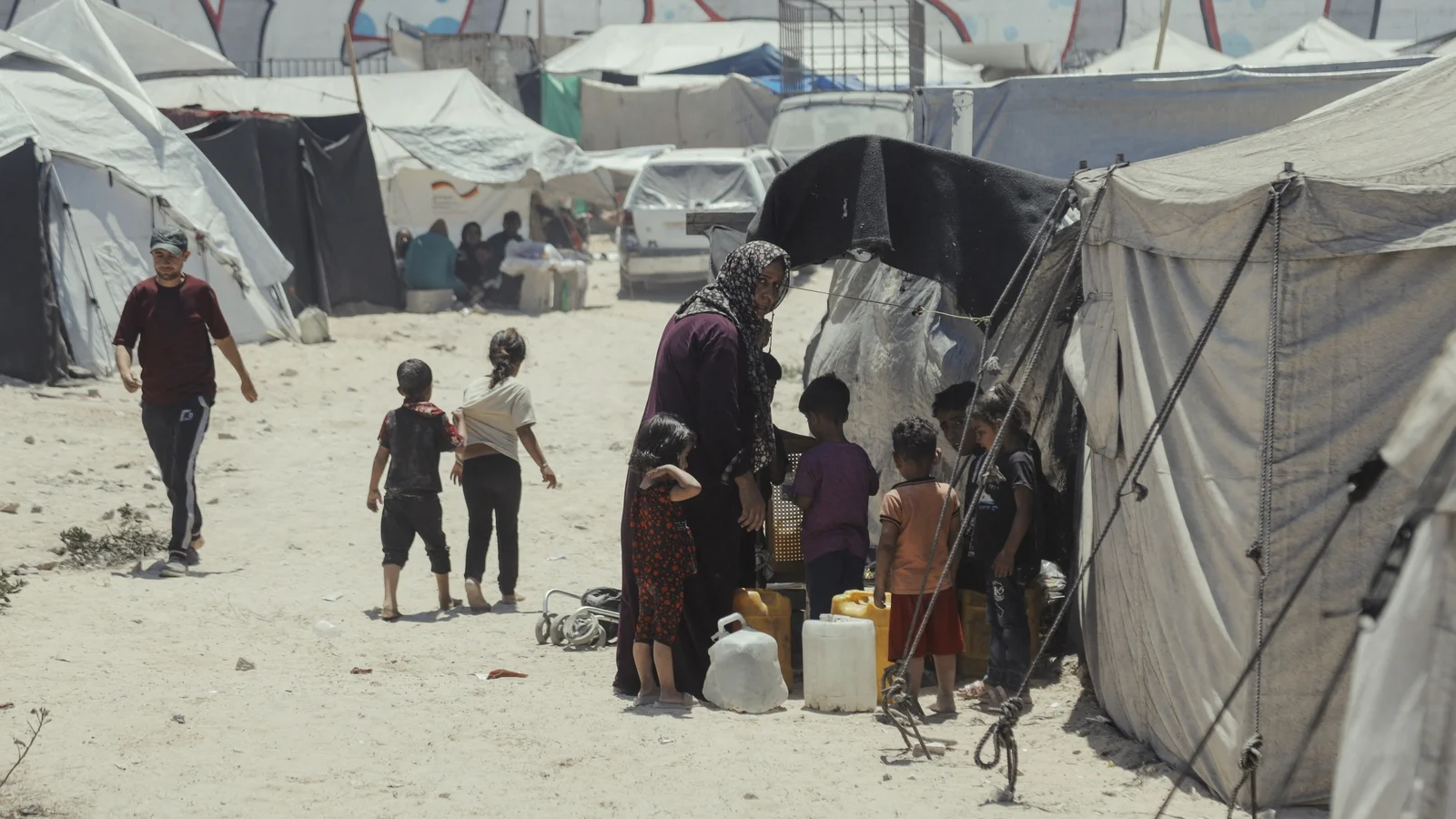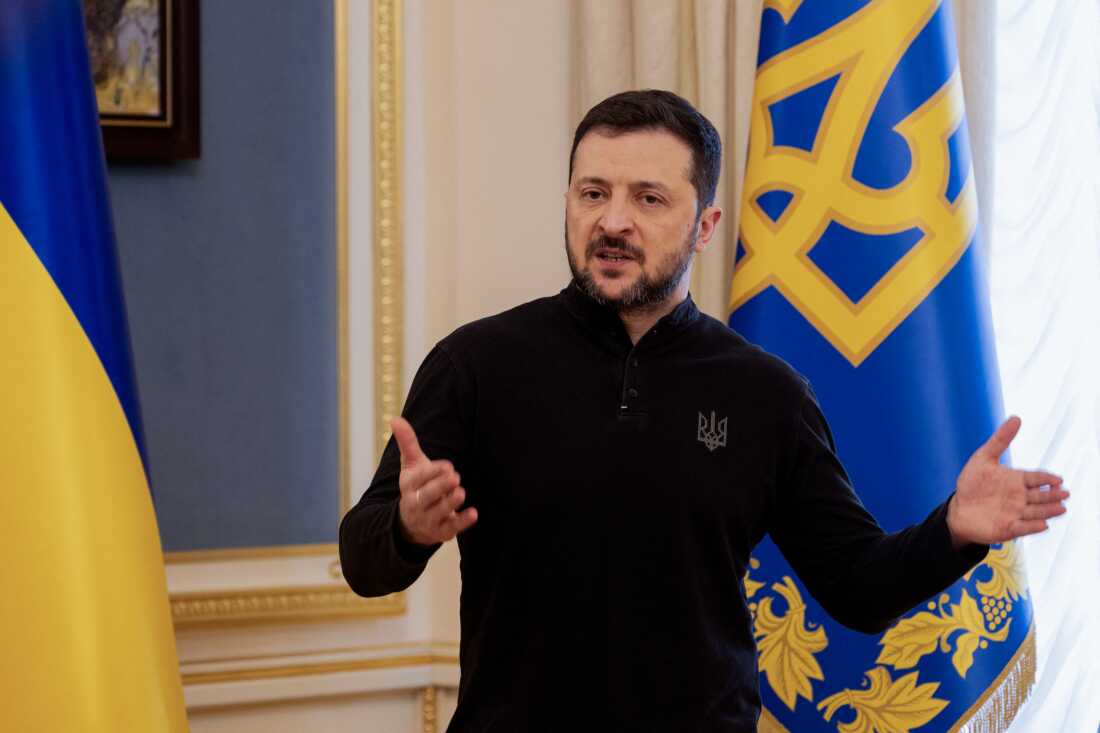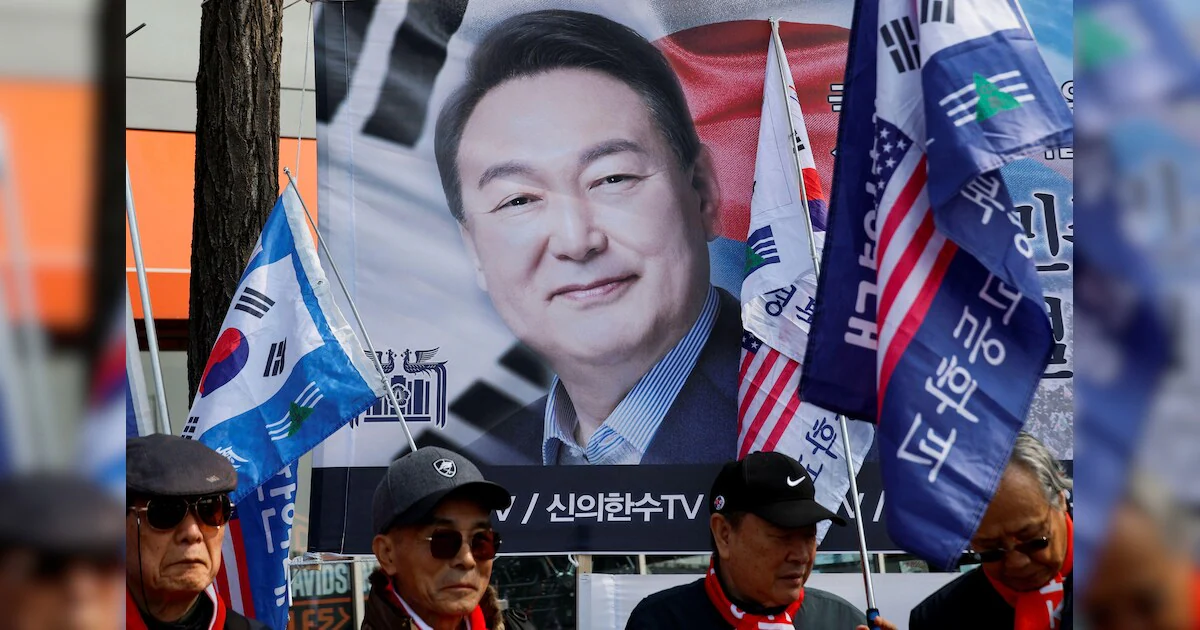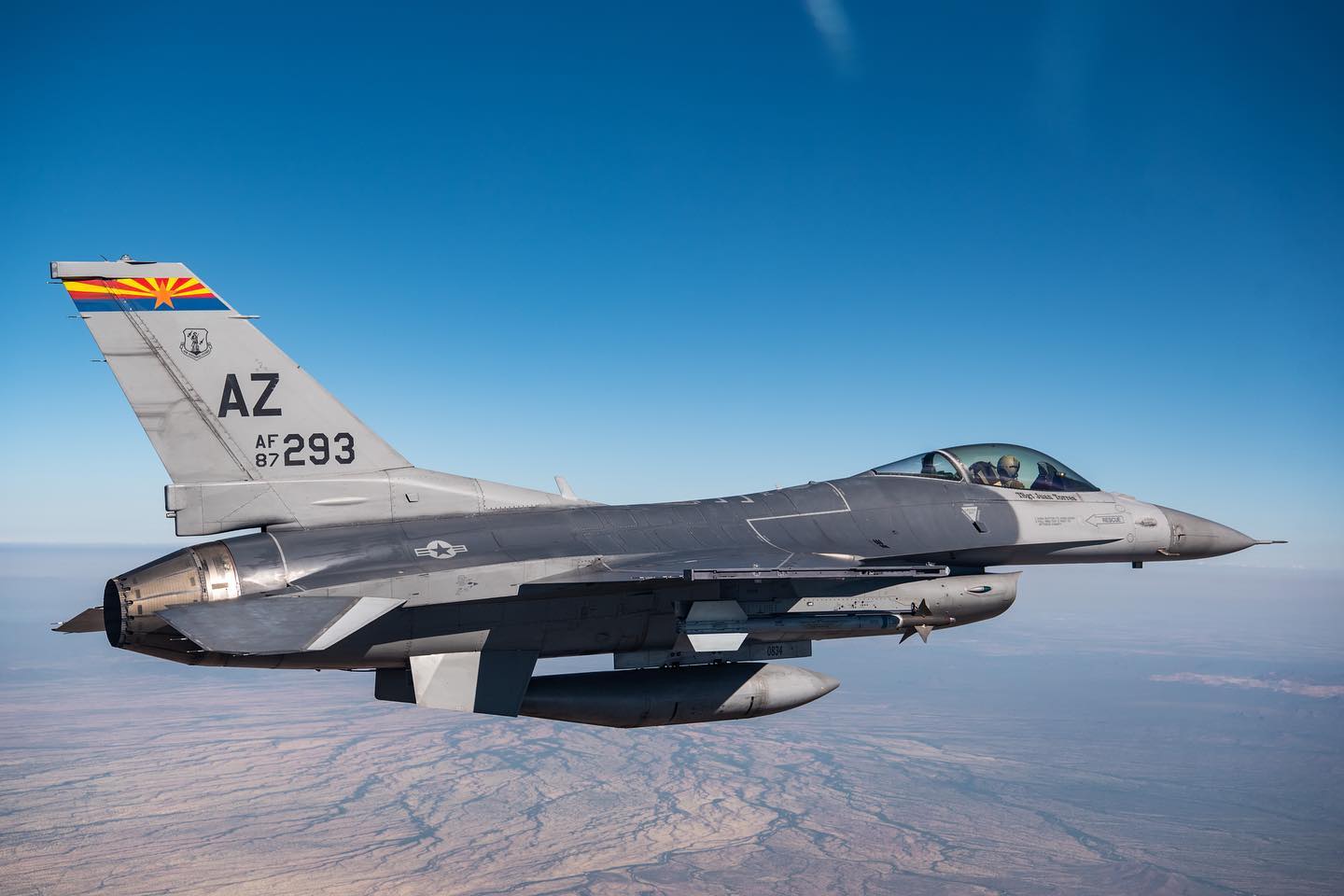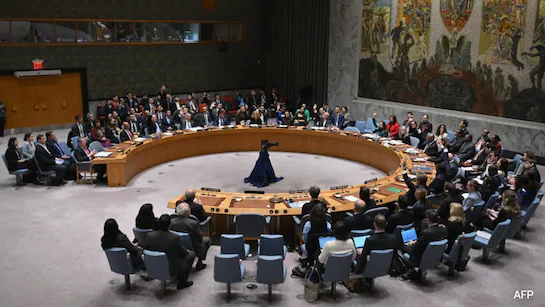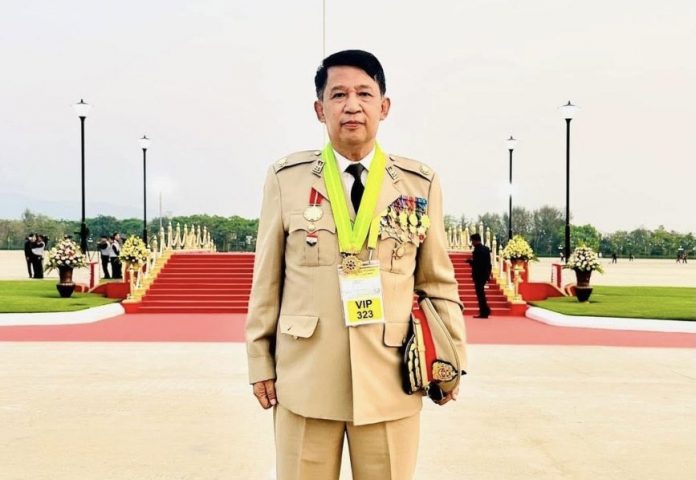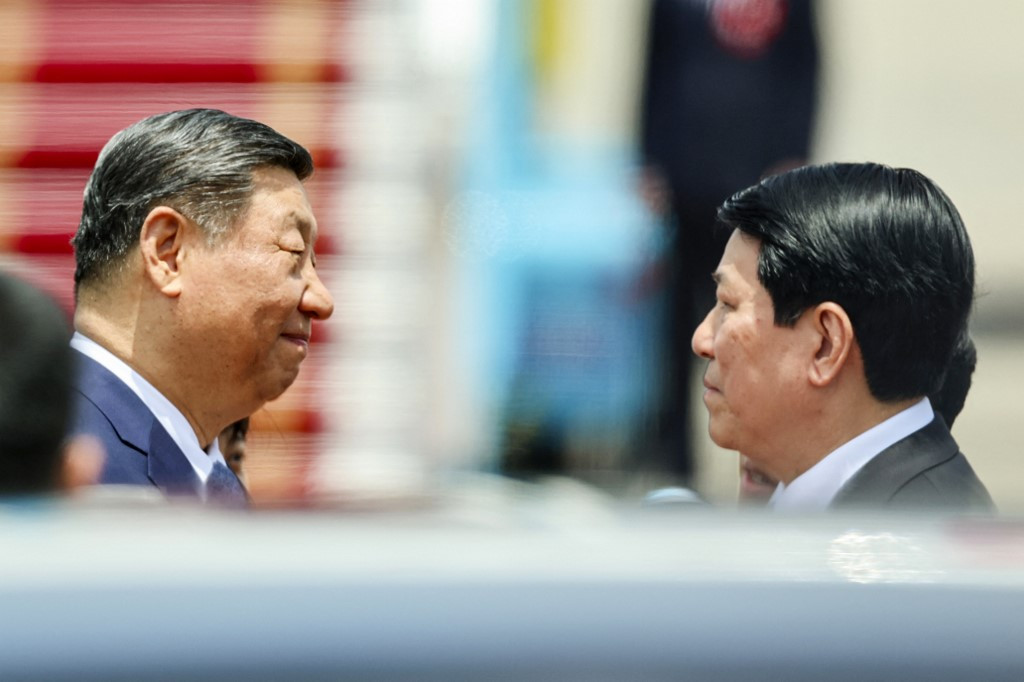Overnight drone attacks disrupt Russian airports amid Xi Jinping visit
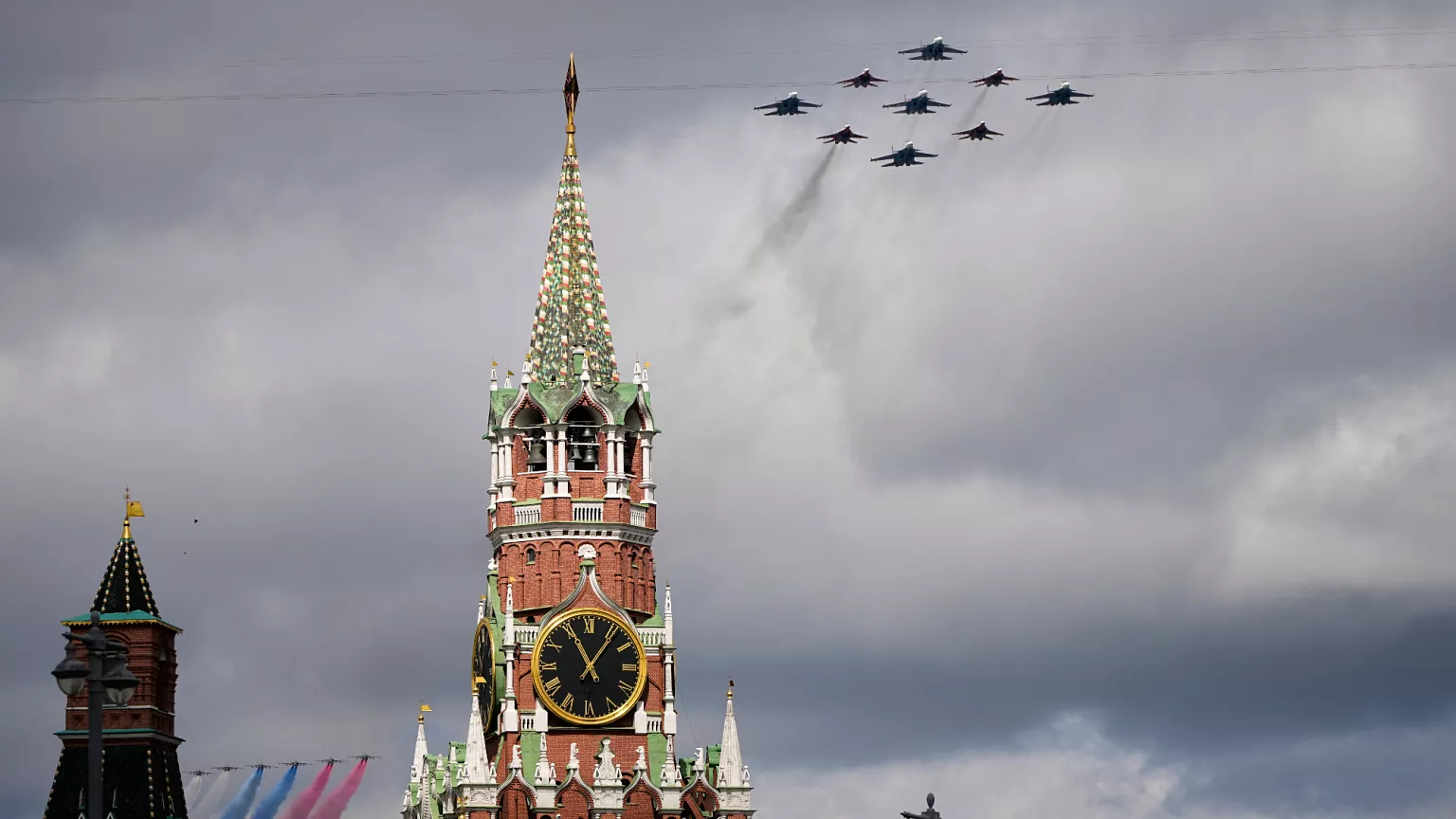
NEW DELHI: A series of Ukrainian drone strikes targeted Moscow's airports overnight, leading to significant flight disruptions and the temporary closure of major terminals. The attacks coincided with the arrival of Chinese President Xi Jinping, who is set to participate in Russia's Victory Day commemorations marking the 80th anniversary of the defeat of Nazi Germany in World War II.
According to Moscow Mayor Sergei Sobyanin, Russian air defenses intercepted at least 14 drones during the night. Despite these efforts, the strikes led to the suspension of flights at Sheremetyevo, Vnukovo, and Domodedovo airports, as well as regional airports in cities like Kazan and Saratov. National carrier Aeroflot reported over 100 flight cancellations and more than 140 delays due to the disruptions .
The timing of the attacks appears to be strategically aimed at disrupting the 80th anniversary of Victory Day celebrations, which are scheduled to include leaders from 29 countries and military contingents from 13 nations. The persistent drone strikes challenge President Vladimir Putin's narrative of progress in the ongoing conflict and risk embarrassing him before international guests, including President Xi Jinping and Brazilian President Lula da Silva .
In response to the escalating situation, President Putin announced a 72-hour unilateral ceasefire to coincide with the Victory Day celebrations. However, Ukrainian President Volodymyr Zelenskyy dismissed the proposal, suggesting that it would be ineffective and instead called for a 30-day unconditional ceasefire, echoing a U.S. proposal made in March .
The overnight drone attacks are part of a broader pattern of Ukrainian efforts to disrupt Russian infrastructure. In March, a fire broke out at an airfield in the Saratov region due to a Ukrainian drone strike, leading to the suspension of flights at several airports.
As the situation develops, authorities are working to assess the full extent of the damage and restore normal operations at the affected airports. The ongoing disruptions underscore the vulnerability of critical infrastructure to modern warfare tactics and the challenges of ensuring air safety in conflict zones.


